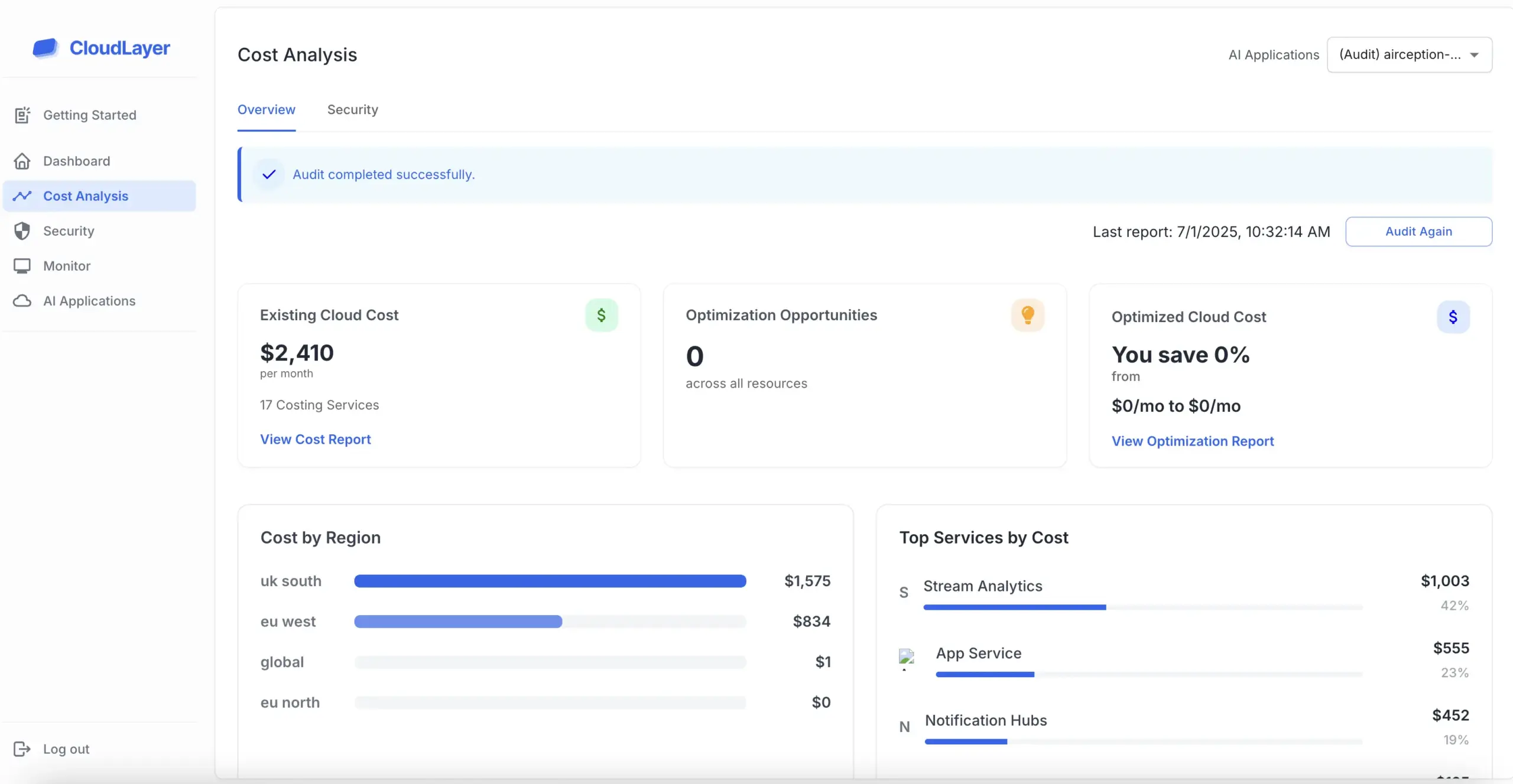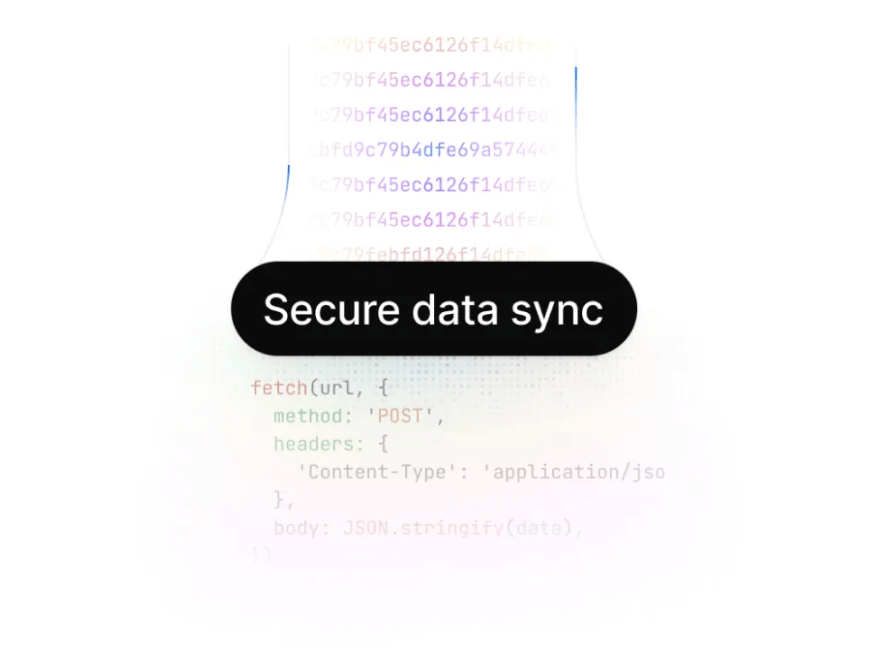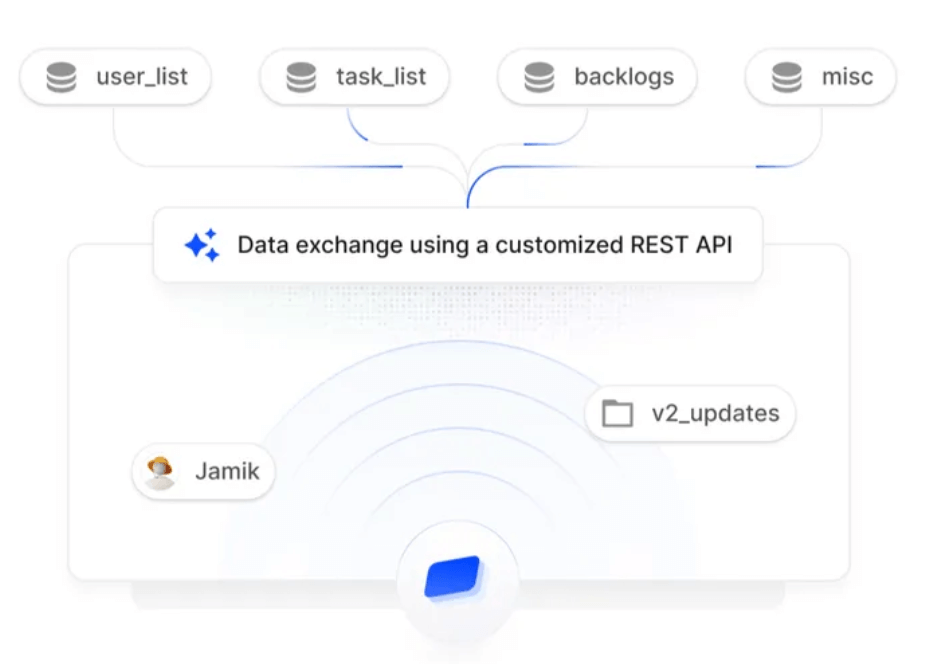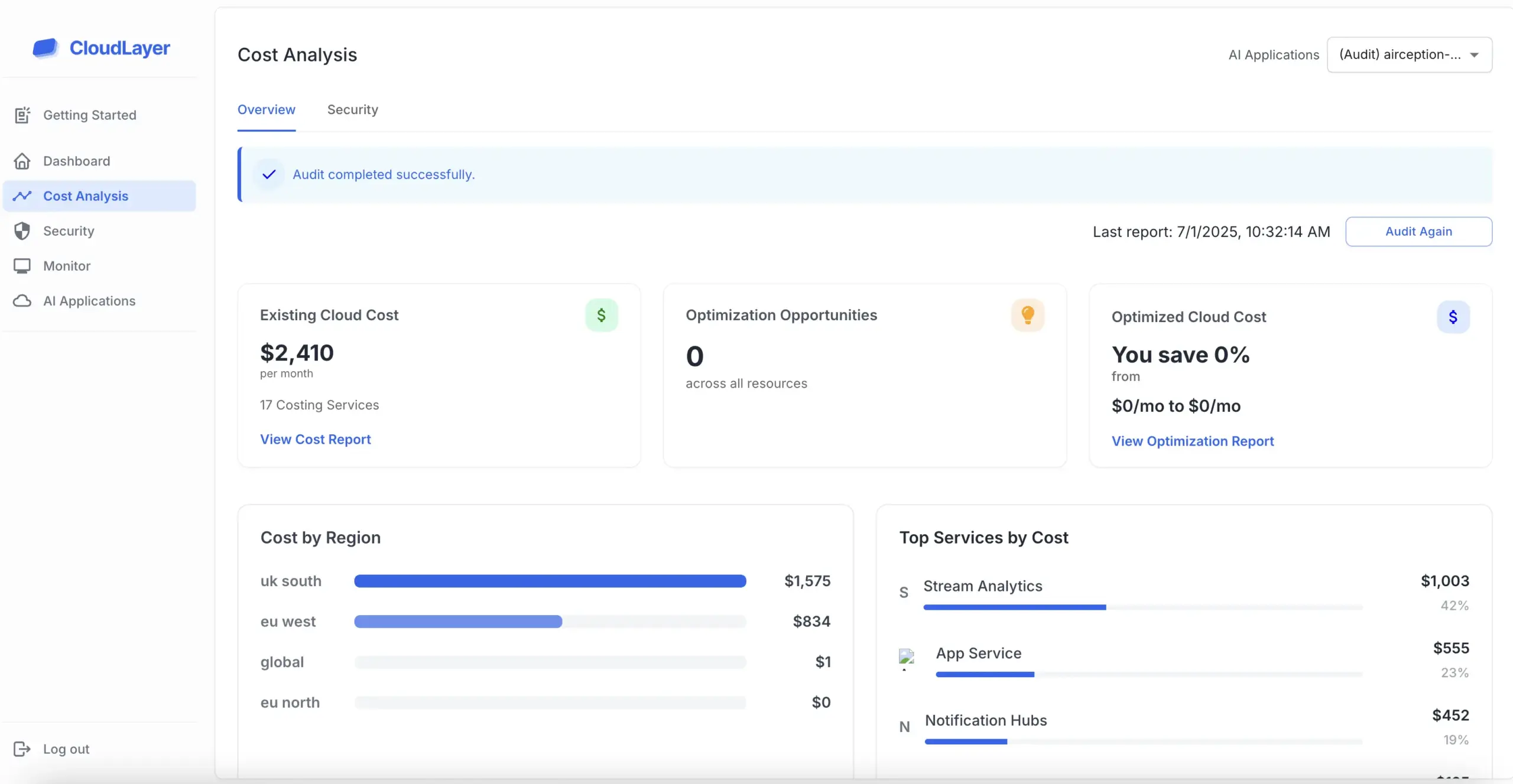

The hybrid cloud model is defined by several key characteristics that distinguish it from other cloud configurations. One defining feature is the seamless integration of private and public cloud infrastructures, which allows for flexibility in resource management.

Adopting a hybrid cloud strategy offers numerous benefits for organizations. It provides the ability to scale resources up or down based on demand, which can lead to improved cost efficiency and responsiveness to market changes.

Despite its advantages, implementing a hybrid cloud solution comes with challenges. Organizations must navigate complexities related to security, data management, and network connectivity to ensure effective operation across both environments.

The future of hybrid cloud looks promising, with continuous advancements in technology driving its evolution. As businesses increasingly prioritize data security and regulatory compliance, hybrid solutions are likely to become even more integral to cloud computing strategies.

